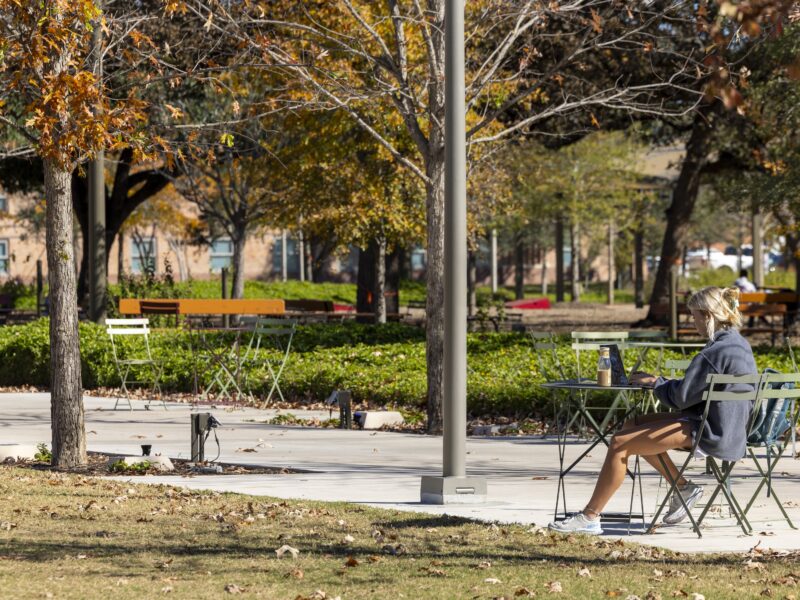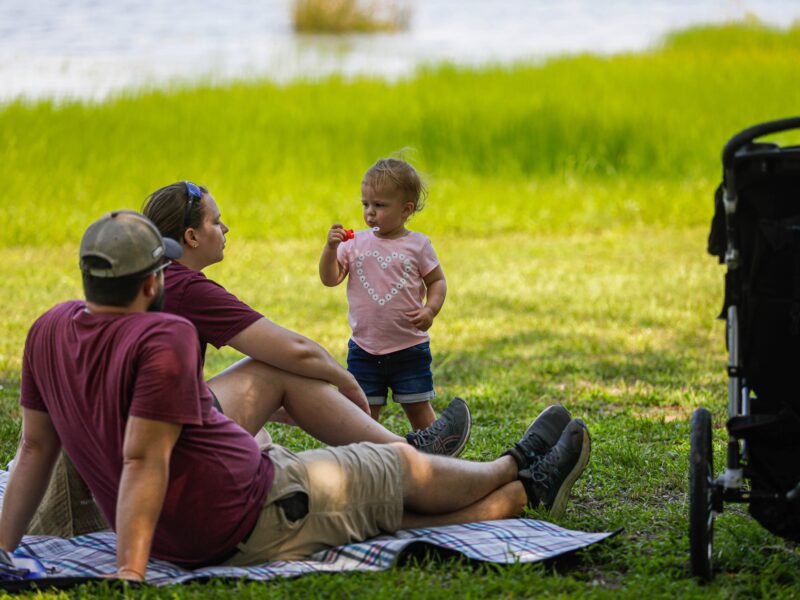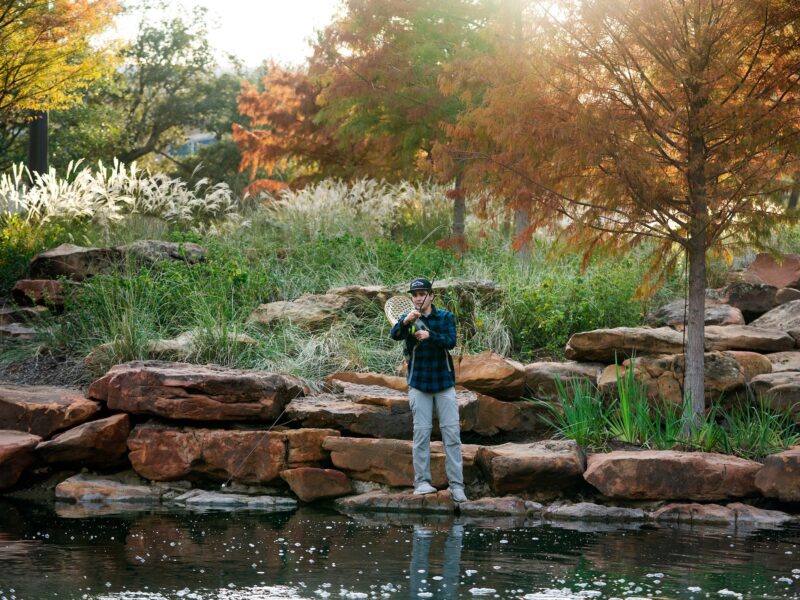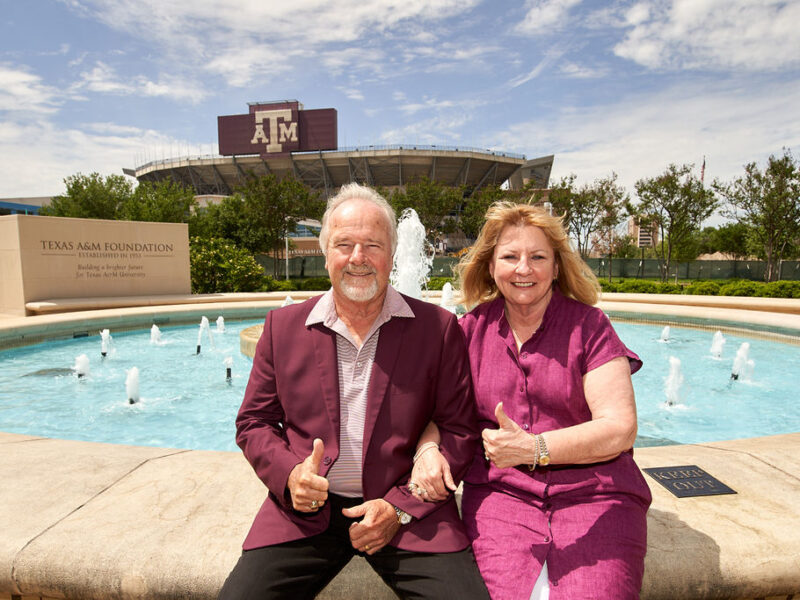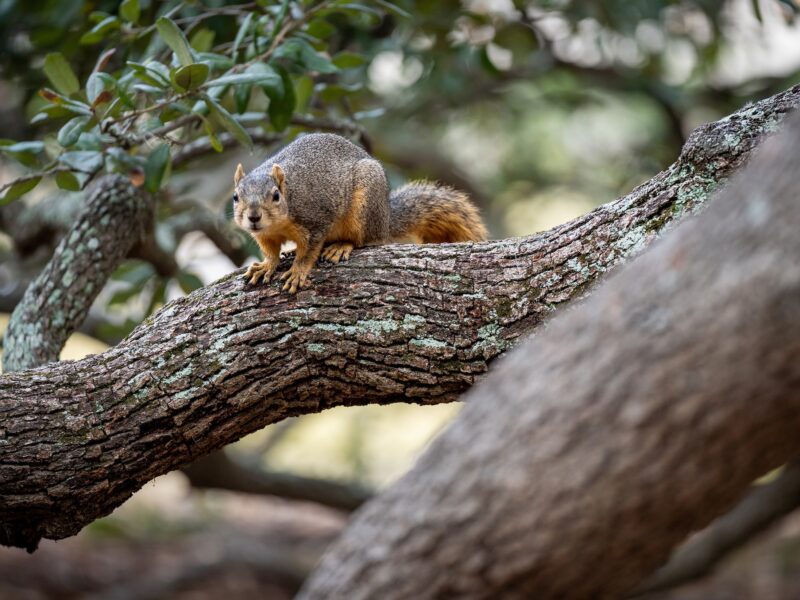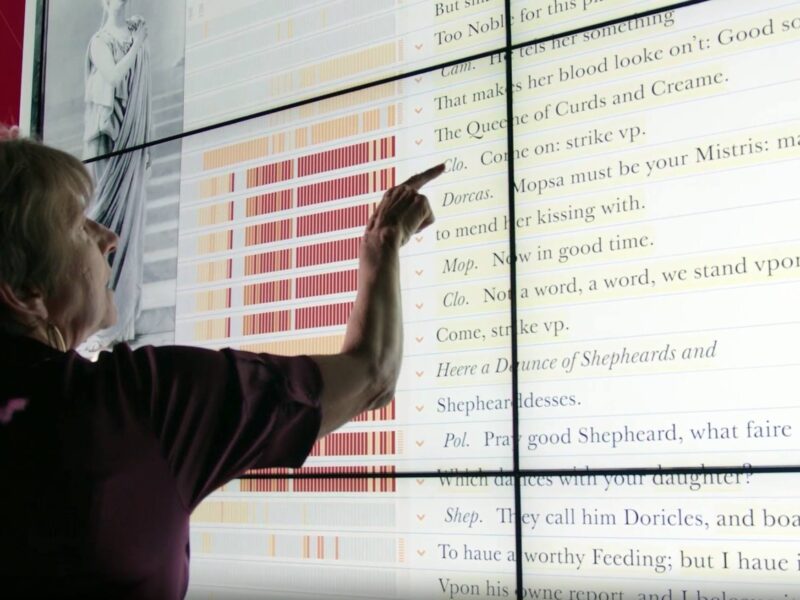Happy Feet: Penguin Receives Life-Changing Surgery At Texas A&M Vet Med
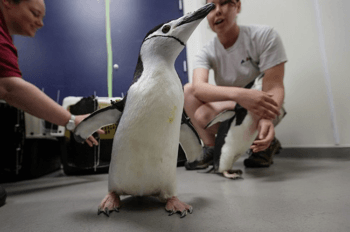
A chinstrap penguin from Moody Gardens in Galveston gained a new lease on life after a pioneering cataract surgery at the Texas A&M University College of Veterinary Medicine & Biomedical Sciences (CVM) Small Animal Hospital. The successful operation, which involved six fourth-year Doctor of Veterinary Medicine (DVM) students and members from the school’s newly formed ophthalmology team, set the stage for potentially four more penguins from Moody Gardens to receive the operation in the coming months.
Dr. Sharman Hoppes, a Texas A&M zoological veterinarian and leader of the operation, said before the procedure that success could lead to cataract operations being a regular procedure for elderly penguins in the future. Texas A&M would be the standard-bearer, because such operations on penguins have been rarely reported or published.
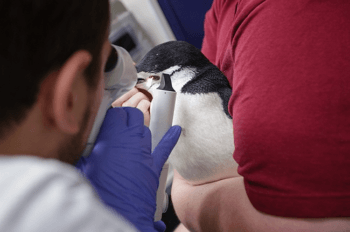
“Cataract surgery is the one surgery I would do for any animal at any age because it improves their life so much,” Hoppes said. “To have an animal that’s lost its vision and have their vision back is huge. These are very social animals, and when they’ve lost their vision they become more isolated and less social. Getting their vision back is going to be key in getting them back into a social network with their other penguins.”
Of the 30 Moody Gardens penguins screened by Texas A&M veterinary ophthalmologists Dr. Lucien Vallone and Dr. Erin Scott in November, six could benefit from cataract surgery. The first two of the six penguins to make the trip to Galveston were Jeep and Takota – two chinstrap penguins near age 30 who are believed to have lost sight due to their old age.
Jeep’s successful operation was completed after 45 minutes and the penguin was allowed to go back to Galveston the following morning. However, it was discovered that Takota was inoperable due to a detached retina and will remain blind.
“Since penguins live longer in captivity, they are more prone to develop cataracts,” Scott said.
A third younger chinstrap penguin named Clarence accompanied them to provide veterinarians a point of comparison for healthy eyes after the surgery.
Because penguins have blood vessels in their legs and wings that minimize heat loss in brutal cold temperatures, one of the main challenges of the operation was keeping them from overheating. This meant maintaining an environmental temperature of eight to 15 degrees Celsius. The penguins arrived at the CVM Small Animal Hospital in an air-conditioned truck that kept temperatures ice cold. Once they arrived, the penguins were welcomed into a room with fans placed strategically around the room to blow cold air, rising from buckets filled with ice cubes.
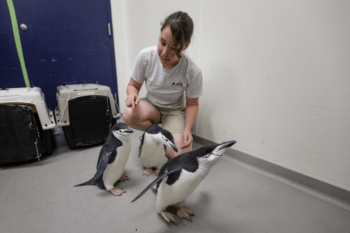
Mike McEntire, one of the six fourth-year DVM students involved in the operation, said he was excited to be involved in the one-of-a-kind operation.
“It’s fun having great exotic clinicians who can handle all the unique, exotic species that come in, because we’ve never worked with this species before,” McEntire said. “They’ve had so much experience with other species before, so they can handle new species when they arrive. It’s a reason why veterinary medicine here is so cool because you always get to learn and do new things like this.”
With one successful operation on the books, the work of fine-tuning the operation’s processes for the remaining penguins and monitoring their recovery once reintroduced to their flock is now underway.
“We’re going to try and collect as much information as possible so that we can thoroughly look back, and use the data we collect to make knowledge-based decisions as we move forward,” Vallone said.
Watch: Moody Gardens penguin webcam
Media contact: Sam Peshek, Texas A&M Division of Marketing & Communications.
